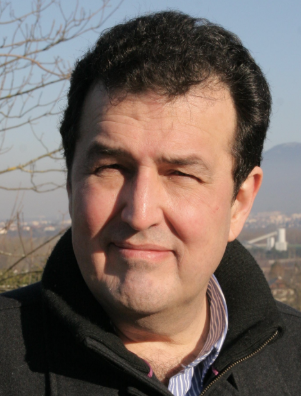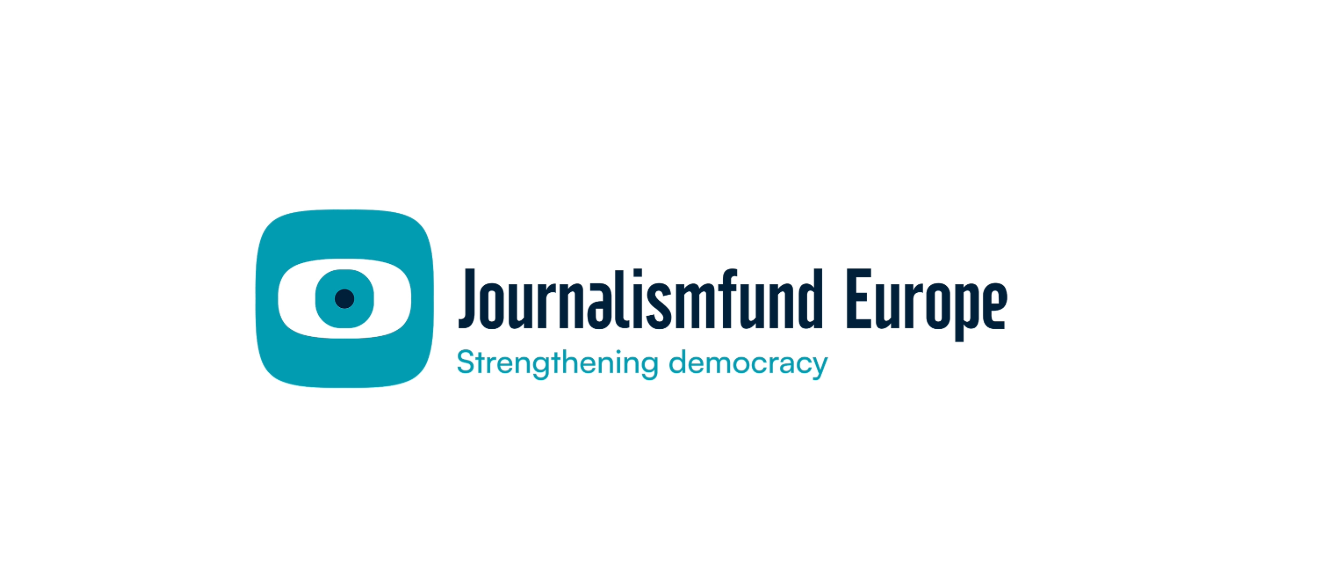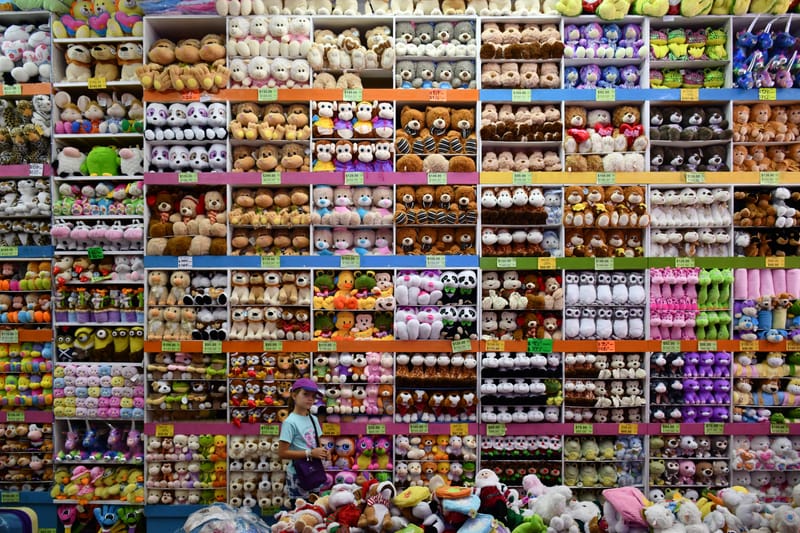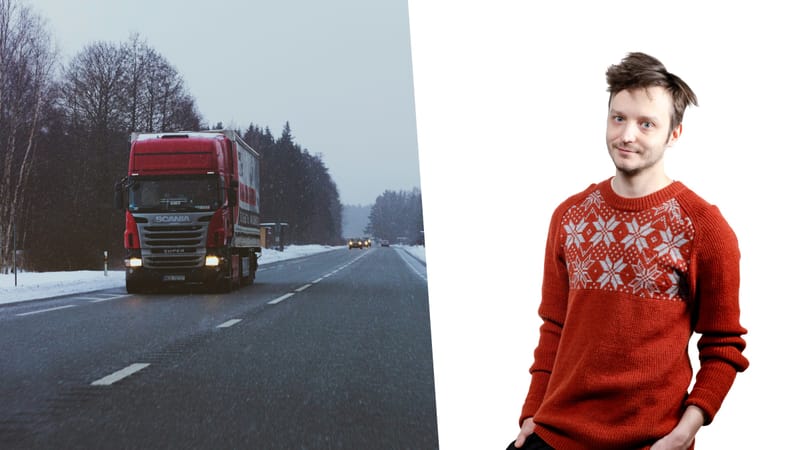Like water off a duck’s back
If the government’s goal is to make immigrants active citizens and full members of society, the measures chosen are pushing in the opposite direction, writes sociologist and activist Enrique Tessieri.

While writing chapter on Finland for the European Islamophobia Report 2024, I interviewed an imam who offered a striking observation: our indifference to the war crimes and suffering in Gaza is mirrored in the way we tighten immigration policy and enforce austerity. Both, he argued, stem from the same root – a troubling social numbness and growing detachment from the suffering of others.
The hardening of immigration policy is creating insecurity for many migrants living in Finland. If the government’s stated goal is to make immigrants active citizens and full members of society, the measures chosen appear to move in the opposite direction. Many factors undermine integration and erode trust, such as the risk of deportation for the unemployed, the extension of the citizenship waiting period from five to eight years, and stricter requirements for permanent residency.
One of the most shameful decisions by Parliament was the passage and extension of the so-called Border Act, which disregards the human rights of asylum seekers and weakens the principles of the rule of law.
Welfare cuts, too, disproportionately affect migrants. More worryingly, they feed suspicion and reinforce the perception that immigrants cannot be trusted. This in turn makes harsher immigration policies appear acceptable, even though they deepen divisions and obstruct inclusion.
This indifference is reinforced by the media, political leaders, both government and opposition, and an almost complete silence from the public. Where are the editorials condemning structural racism? Where are the politicians’ genuine calls for a ceasefire, even as we continue arms trade with Israel?
How long must we endure empty slogans about Israel’s “right to defend itself”? Or Prime Minister Petteri Orpo’s claim that the government’s anti-racism program proves racism has no place in Finland – while the Finns Party openly repeats far-right tropes like the “great replacement” theory and speaks of minorities, such as non-ethnic Finns and Muslims, as if they do not belong here at all?
These phenomena feed each other. When we fail to feel empathy for suffering abroad, it becomes easier to ignore injustice at home. The will to care – especially for the most vulnerable, such as minorities and asylum seekers – is essential to any democratic society. Yet many have learned to shut down their emotions, letting injustice and cruelty wash over them like water off a duck’s back.
Ducks’ feathers repel water because they secrete oil and have a unique feather structure. In our society, this “oil” takes the form of denial, scapegoating, dehumanization, alienation, and the refusal to look suffering in the eye. Over time, our hearts risk becoming just as impermeable – shielded against empathy, justice, and humanity.
Martin Niemöller (1892–1984) warned us in his famous poem:
“First they came for the communists, and I did not speak out… Then they came for me – and there was no one left to speak out for me.”
One of Finland’s most glaring injustices today is the way we treat asylum seekers and visible minorities, particularly Muslims. A recent episode of A-studio offered yet another example of how Muslims are portrayed in public. Finns Party vice-chair Teemu Keskisarja launched a harsh attack on Muslims and invoked the “great replacement” theory. According to him, referencing to a Finnish saying 'pidot paranee': “You don’t improve the feast by replacing the guests. On the contrary – neat Finnish banquets turn into a developing-world pigsty and a bloodbath.”
At the start of her term, Interior Minister Mari Rantanen promised a “paradigm shift” in immigration policy. But if that shift is rooted in fear and mistrust – as it clearly is – what kind of society are we building? Instead of promoting inclusion, these laws entrench barriers to equality.
From the United States to many EU countries, we have seen how destructive polarizing politics can be. But we must not succumb to despair. That is precisely what those who profit from division and hatred hope for.
In my home country of Argentina, where military coups were a fact of life in my youth, we had a saying: Nada malo dura cien años – “No evil lasts a hundred years.” Nothing is permanent. This, too, shall pass.
Enrique Tessieri
Enrique Tessieri is a sociologist and anti-racism activist with extensive experience in journalism and foreign correspondence in Finland, Spain, Italy, Argentina and Colombia. He has researched the history of Finnish migrants in Argentina, particularly Colonia Finlandesa. In 2007, Tessieri founded the community blog Migrant Tales, giving a voice to immigrants and minorities often ignored by mainstream media and political decision-making.
Article in Finnish: Kuin vesi hanhen selästä






